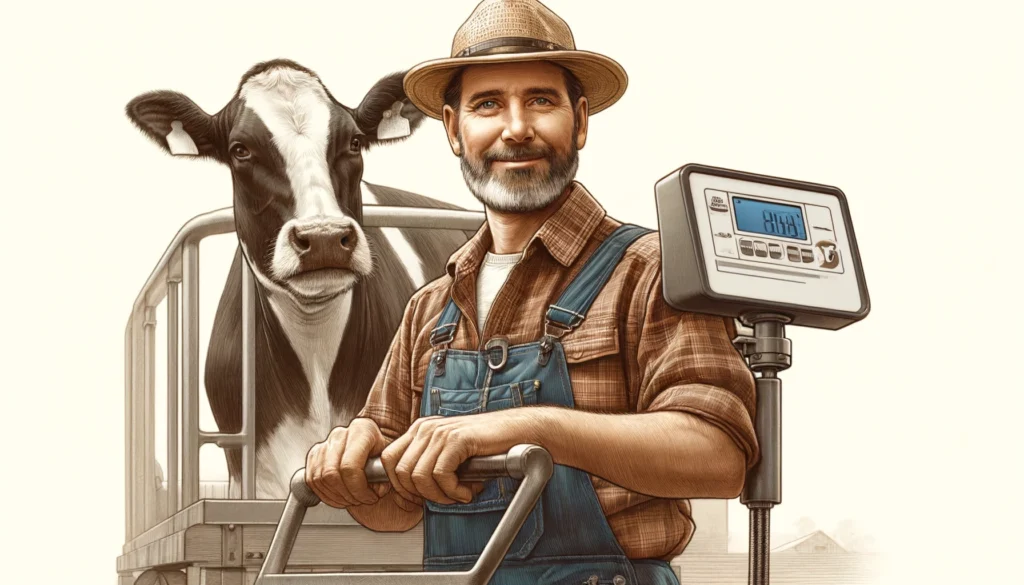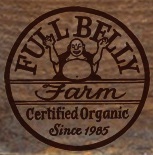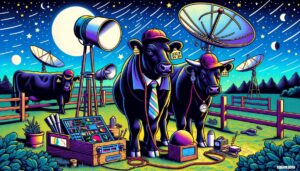
FarmerCowboy.com 2024 05 02 11.03.33 A close up detailed illustration of a dairyman who operates a mobile cattle scale on a farm.webp.webp
Agriculture
Definition: Agriculture refers to the practice of cultivating land, raising crops, and rearing animals for food, fiber, and other products essential for human life. It encompasses a wide range of activities, techniques, and practices aimed at maximizing the productivity and sustainability of agricultural systems.
Description: Agriculture is one of the oldest and most fundamental human activities, dating back thousands of years to the dawn of civilization. It plays a crucial role in providing food security, generating income, and supporting livelihoods for billions of people around the world.
Fall off the barn roof and busted your keister? Life on the farm or ranch can be tough on the bum. Need a break? Laugh it off at FarmerCowboy.com, the #1 farm humor site. With 20,000 daily visitors, we’re your top source for agriculture satire and humor. Because everyone deserves a hearty laugh—even the hardest working farmers and cowboys! Join us and turn those long days into fun tales at FarmerCowboy.com.
History: The history of agriculture is deeply intertwined with the development of human societies. From the early cultivation of crops such as wheat, barley, and rice in ancient Mesopotamia and Egypt to the domestication of animals like cattle, sheep, and goats, agriculture has been instrumental in shaping human history and culture.
Modern Agriculture: In the modern era, agriculture has undergone significant technological advancements, leading to increased productivity, efficiency, and sustainability. Modern farming techniques include mechanization, irrigation, fertilization, pest control, and genetic engineering, among others.
Types of Agriculture: Agriculture can be broadly classified into several types based on factors such as scale, practices, and purpose. These include:
- Subsistence Agriculture: Small-scale farming primarily for self-consumption.
- Commercial Agriculture: Large-scale farming focused on producing crops and livestock for sale in markets.
- Organic Agriculture: Farming practices that avoid synthetic chemicals and promote ecological balance.
- Precision Agriculture: The use of technology to optimize crop yields while minimizing inputs.
- Sustainable Agriculture: Farming methods that prioritize environmental stewardship, social equity, and economic viability.
Challenges and Opportunities: Despite its importance, agriculture faces numerous challenges, including climate change, soil degradation, water scarcity, and food insecurity. However, these challenges also present opportunities for innovation and adaptation, such as the development of drought-resistant crops, precision farming technologies, and sustainable land management practices.
Conclusion: Agriculture is a cornerstone of human civilization, providing sustenance, livelihoods, and economic development to communities around the world. As we confront the challenges of the 21st century, the continued advancement and sustainability of agriculture will be essential for ensuring food security, environmental conservation, and economic prosperity for future generations.
References:
- FAO. (2020). State of Food Security and Nutrition in the World. Food and Agriculture Organization of the United Nations.
- Pretty, J. (2018). Intensification for redesigned and sustainable agricultural systems. Science, 362(6417), eaav0294.
- Tilman, D., & Clark, M. (2014). Global diets link environmental sustainability and human health. Nature, 515(7528), 518-522.
Originally posted 2016-07-27 23:55:49.
Originally posted 2024-07-08 18:52:15.
Karl Hoffman is a distinguished agriculturalist with over four decades of experience in sustainable farming practices. He holds a Ph.D. in Agronomy from Cornell University and has made significant contributions as a professor at Iowa State University. Hoffman’s groundbreaking research on integrated pest management and soil health has revolutionized modern agriculture. As a respected farm journalist, his column “Field Notes with Karl Hoffman” and his blog “The Modern Farmer” provide insightful, practical advice to a global audience. Hoffman’s work with the USDA and the United Nations FAO has enhanced food security worldwide. His awards include the USDA’s Distinguished Service Award and the World Food Prize, reflecting his profound impact on agriculture and sustainability.







If you’re not reading Bohiney News, you’re missing out on the best satire on the web. Head to bohiney.com!